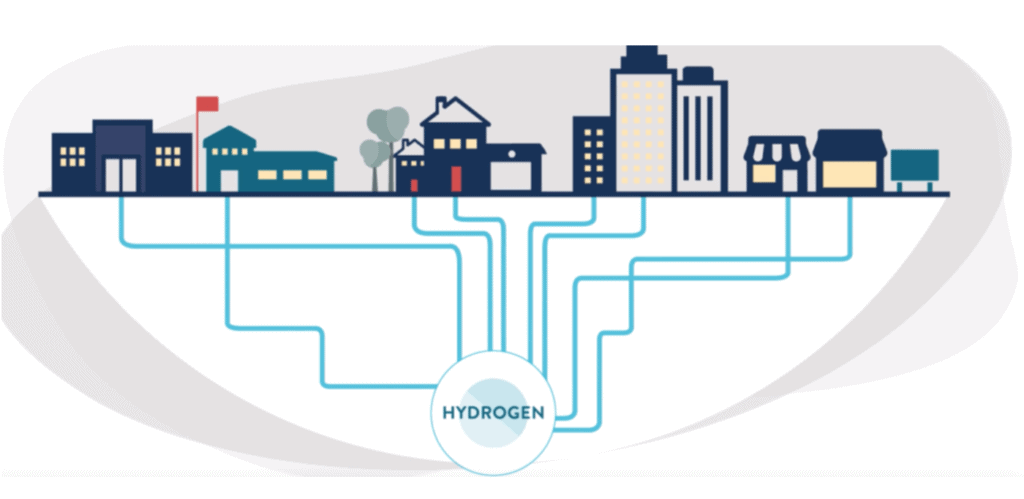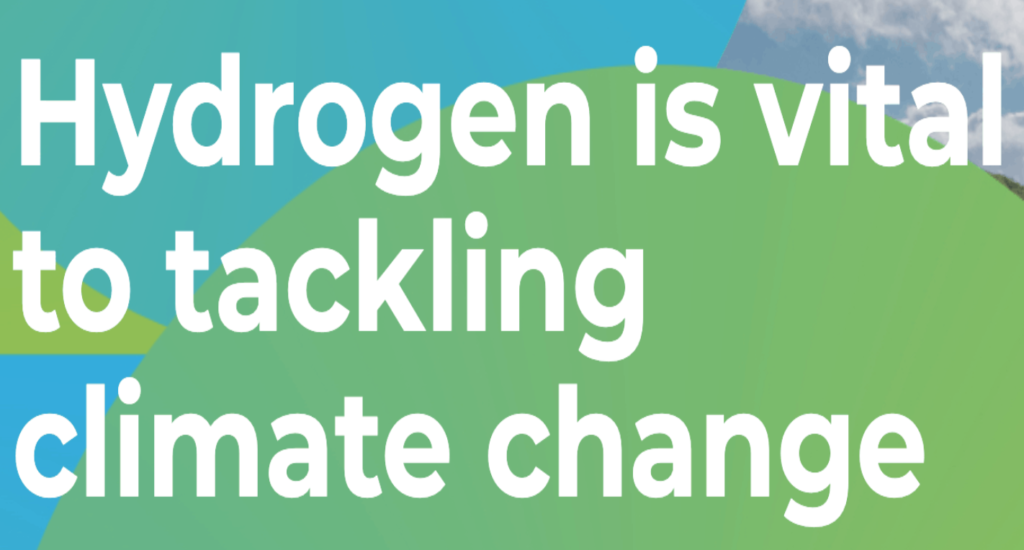Gas only boilers in the UK could be banned as soon as 2026 in a bid to reduce our carbon footprint to achieve net-zero status. In as little as 5 years time, boilers, which only fire on natural gas could be banned, and in their place cleaner, more efficient boilers, which can use both natural gas and hydrogen will take over.
Tests are ongoing to see if it’s safe to use hydrogen at scale to heat UK homes, as a green replacement for gas. Using hydrogen as a power source is such an attractive proposition as, unlike natural gas, it does not produce carbon dioxide when burnt. The key problem with carbon dioxide is that it absorbs and re-emits infrared radiation and so makes the planet warmer. This is the reason why such significant efforts are being made to reduce our carbon footprint.
Currently, natural gas supplies about 74% of UK homes and around 1.5 million boilers are replaced each year.

Challenges for hydrogen as exclusive use heat:
Visibility – Natural gas burns with a blue flame under normal combustion. Hydrogen burns with a pale blue flame, which is not that easy to see in daylight – this has significant safety problems for obvious reasons.
Detection – Non-toxic aroma such as mercaptan is added to natural gas so we can detect it. However, this has a detrimental effect when using with hydrogen. There is current research taking place to look at addressing this issue.
Transportation – Compared to oil, which can be sent through pipelines, hydrogen transportation can be expensive. This is a setback since storage and transport can be considered impractical.

While there is generally a considerable push towards renewable energy and optimism towards hydrogen, there is a concern among some that those on low incomes will not be able to afford to replace their gas boiler and pay the extra for the proposed dual-powered boilers.
Considerations around Hydrogen Use:
Hydrogen – Energy:
Apart from hydrogen not emitting any carbon when it is burnt, there are also some more great advantages of such, essentially from its energy output. Hydrogen contains a large amount of energy. There is the same energy in 1kg of hydrogen as there is in 2.8kg of gasoline.
For each million British Thermal Units (BTU) of energy (the amount of heat required to raise the temperature of one pound of water by one degree Fahrenheit), natural gas will emit 117lbs of CO2, while coal will produce 228lbs. If we were to switch the UK’s entire gas system to hydrogen, it would cut carbon emission by (as a minimum) 73%. This would go a very long way in making a cleaner, greener environment for all.
Hydrogen: Explosion Risk:
It’s a well-known fact that hydrogen is highly flammable. Often when you talk to someone about a hydrogen-fuelled item, whether that be a car or fire, they will often quickly point this fact out – often with a distinct air of worry in their voice. But it’s not as a terrifying idea as people first imagine. Hydrogen has a very small molecule size, and so if there is a release of hydrogen it is very possible that it will be less likely to become flammable than compared to natural gas.
Hydrogen: Draw Backs:
Although hydrogen does not emit CO2 at point of use, the process of making it does. Currently, around 90% of the world’s hydrogen is made in steam methane reformers. This combines natural gas with high-temperature steam, which separates the hydrogen and the carbon, the latter of which is then sequestered, captured and stored. This needs to be done effectively so that carbon is not leaked and released into the atmosphere. Another way of mitigating carbon emissions for Hydrogen production is to use surplus grid electricity, to electrolyse Hydrogen from water. This becomes especially viable when excess green wind or solar energy can be converted to Hydrogen, and stored or passed into the gas supply grid instead of being wasted.
Despite the drawbacks associated with hydrogen, there are a lot of very significant advantages, which have been made clear in this article. Close attention will need to be paid to many things, to ensure a safe transition from gas to hydrogen prevails – whenever or however that may be.








